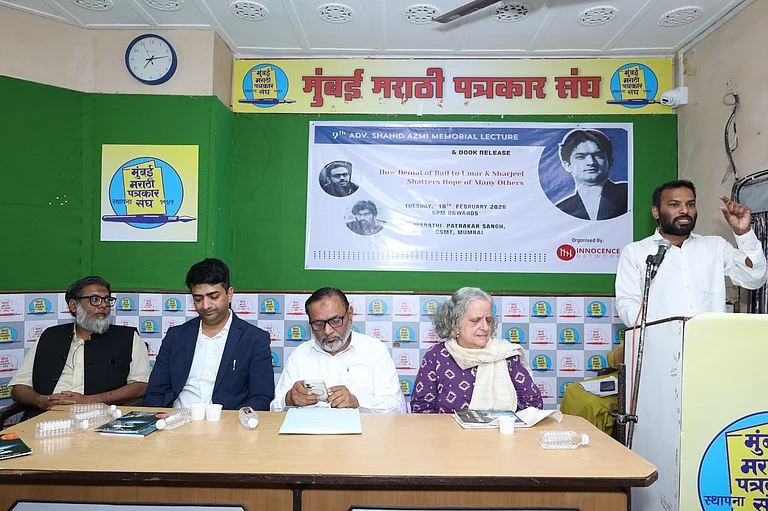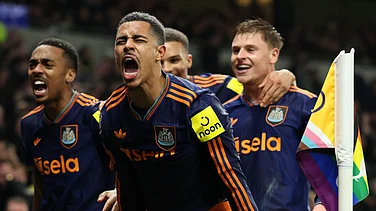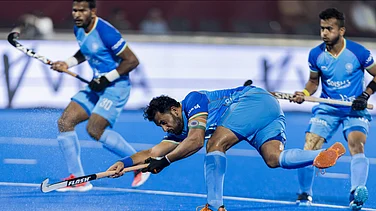At one point while addressing the media to announce the tie-up between Capgemini and Indian rugby 7s in Mumbai on September 14, Rahul Bose, the president of Rugby India and an actor, spread his arms wide at the lectern. (More Sports News)
Bose, who played 17 internationals for India, was not gesturing to a teammate to pass him the ball. He was explaining the sport’s surprisingly large, if somewhat inconspicuous, presence in India, and the diversity of backgrounds that some Indian players come from.
“Whether it is Sandhya Rai, who comes from an impoverished family in Jalpaiguri district in Bengal, who led the under-18 team, or whether it is Vahbiz Bharucha, who leads the women’s team. They come from two opposite ends of the income spectrum,” Bose said. “Whether it is tribals in Telangana, who we’re doing grassroots work with, or whether it is boys and girls in Cathedral school, Mumbai, they couldn’t be further apart.”
More than 300 of India’s approximately 730 districts play rugby, according to Bose. This large pool was one of the clinching points in the federation’s successful pitch to Capgemini, and it will be tapped as the country targets Olympic participation, at least for the women’s team, in 2028. Hints of a franchise based league were dropped too.
In addition, Bose highlighted other improvements for Indian rugby players, such as high performance training facilities, insurance and compensation.
“For the first time in history, we are paying the players selected for the national camp,” Bose said. “It’s not much – Rs 50,000-60,000 over 40 days of effort to thirty or forty players. But it’s a start. There is also insurance for players. Camp me kuch hua, match me kuch hua, you are covered.”
Indian Rugby’s job of wooing Capgemini was made easier by the company already being a World Rugby sponsor.
“It’s an extension of what we do globally,” said Ashwin Yardi, CEO, Capgemini India. “[As per the contract] There is financial support for the team and we’re looking at a multi-year partnership. The idea is to be a part of this journey from the grassroots level and create a strong rugby movement which leads us to that 2028 Olympics ambition.”
According to Bose, the top-2 teams in a World Cup have a shot at Olympics participation. The Indian women’s team is in a position to attempt the mission, while the men will need longer.
Bharucha, the Indian women’s captain, and Prince Khatri, the men’s skipper, were present at the announcement. Both felt that India needed to play more international matches to improve. The federation is trying to organize bi-lateral series to fulfil this requirement.
“We have some good speed on the team, and we have unity,” said Bharucha. “We need more match time.”
Said Khatri, “We currently play a couple of international games a year. But now, with the plans for the coming year, we will have more opportunities. If we play four or five competitions in a year and train at the high performance facility, we’ll get better.”
High quality training has made a big difference for the women’s team, Bharucha said.
“Initially, we fell short on size. Ever since the high performance program, the scenario changed,” she said. “We started getting better nutrition and training. You could see the change in our bodies. We built muscle and were toned. We can now handle the workload of a long 40-day camp. Training twice a day, six days a week, for 40 days, is not a small task.”
Many Indian sports have aped the IPL to try and make money and impact for their discipline. Bose did not deny the possibility of a rugby league in India, but said there was time for that.
“[However] When Rugby India has a franchise based league, it will be world class,” he said. “We will hit that ground not running, we’ll hit that ground flying.”


























